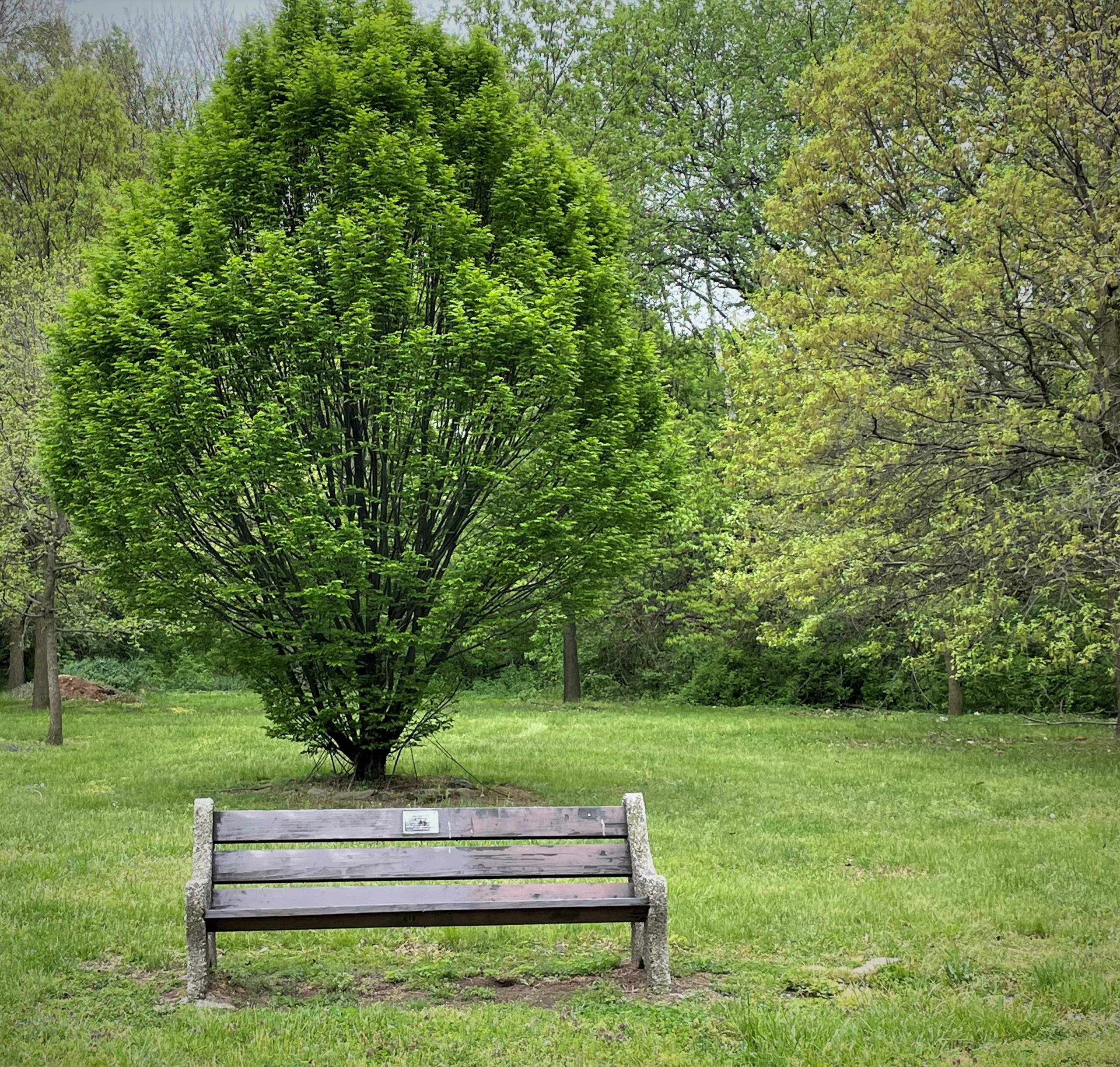You’ve probably heard the mantra “Reduce, Reuse, Recycle.” Some people are hesitant to make environmentally friendly changes to their lifestyle, believing that one household won’t make a difference.
But if enough people take small measures, they can make a big impact. “If you get people in practice, you can achieve all kinds of things,” says Rich Von Stetten, senior manager of recycling for the Delaware Solid Waste Authority. Why not add one or two of the "green" practices that follow to celebrate Earth Day!
Reduce
Diapering. According to Jennifer Kinka, Cloth Diaper Coordinator at the Maternal Wellness Center in the Mt. Airy section of Philadelphia, it’s estimated that babies will use 6,000 disposable diapers in a 2½-year diapering period. Diapers are the third largest consumer waste item generated in this country, and the largest one that’s not recyclable.
Environmentally, cloth diapers are superior to disposable diapers in three ways: They require fewer resources to make, they are made from organic resources that can be replenished, and they use less energy to produce and ship — even though they must be repeatedly machine-washed. If enough of us switch to cloth diapers, we’ll greatly reduce the mountains of disposables dumped in landfills.
Some other ideas:
- Bring canvas bags when you shop rather than accept new paper or plastic bags.
- Buy in bulk if it reduces packaging.
- Reduce your use of plastic by using refillable water bottles.
Reuse
Used Clothing. For more than a century, Goodwill Industries has been taking in things that people don’t want and putting them back in service. Goodwill receives more than 300,000 donations per year — that’s 18 million pounds of clothing and household goods, according to Michael Shaw, chief operating officer of Goodwill Industries of Southern New Jersey & Philadelphia. And not one scrap of that ends up in a landfill.
“No piece of clothing is ever thrown away, no matter what condition,” says Shaw. For kids who grow faster than weeds, it can make sense to buy used clothing at a reduced price and donate gently used items to the next family.
Some other ideas:
- Use cloth napkins at mealtime and rags, not paper towels, for clean-up.
- Write notes or print drafts on the back of scrap paper or junk mail.
- Pack lunch in a reusable box or bag rather than a toss-away paper bag.
- Use containers to store food in the fridge, not foil or plastic wrap.
Recycle
Composting. Take recycling to the next level by composting, a great way to take yard waste and kitchen food scraps and turn them into something useful — garden mulch.  Carrie Murphy, a University of Delaware Cooperative Extension educator, says that composting is a great learning experience for kids, because they can watch banana peels and other scraps transform into something else. “It’s an outdoor activity. It’s fun, it’s easy, and it’s something everybody can do,” she says.
Carrie Murphy, a University of Delaware Cooperative Extension educator, says that composting is a great learning experience for kids, because they can watch banana peels and other scraps transform into something else. “It’s an outdoor activity. It’s fun, it’s easy, and it’s something everybody can do,” she says.
Check out www.howtocompost.org for more info.
Other recycling opportunities:
- Recycle plastics. They’re made from petroleum, a non-renewable resource.
-
Electronics such as TVs, cell phones, fax machines, and printers have parts that can be reused or recycled. Other products such as batteries, light bulbs and tires can probably be recycled. Check your local government or search www.Earth911.com for drop-offs for specific items in your area.
Suzanne Koup-Larsen is a contributing writer to MetroKids.






